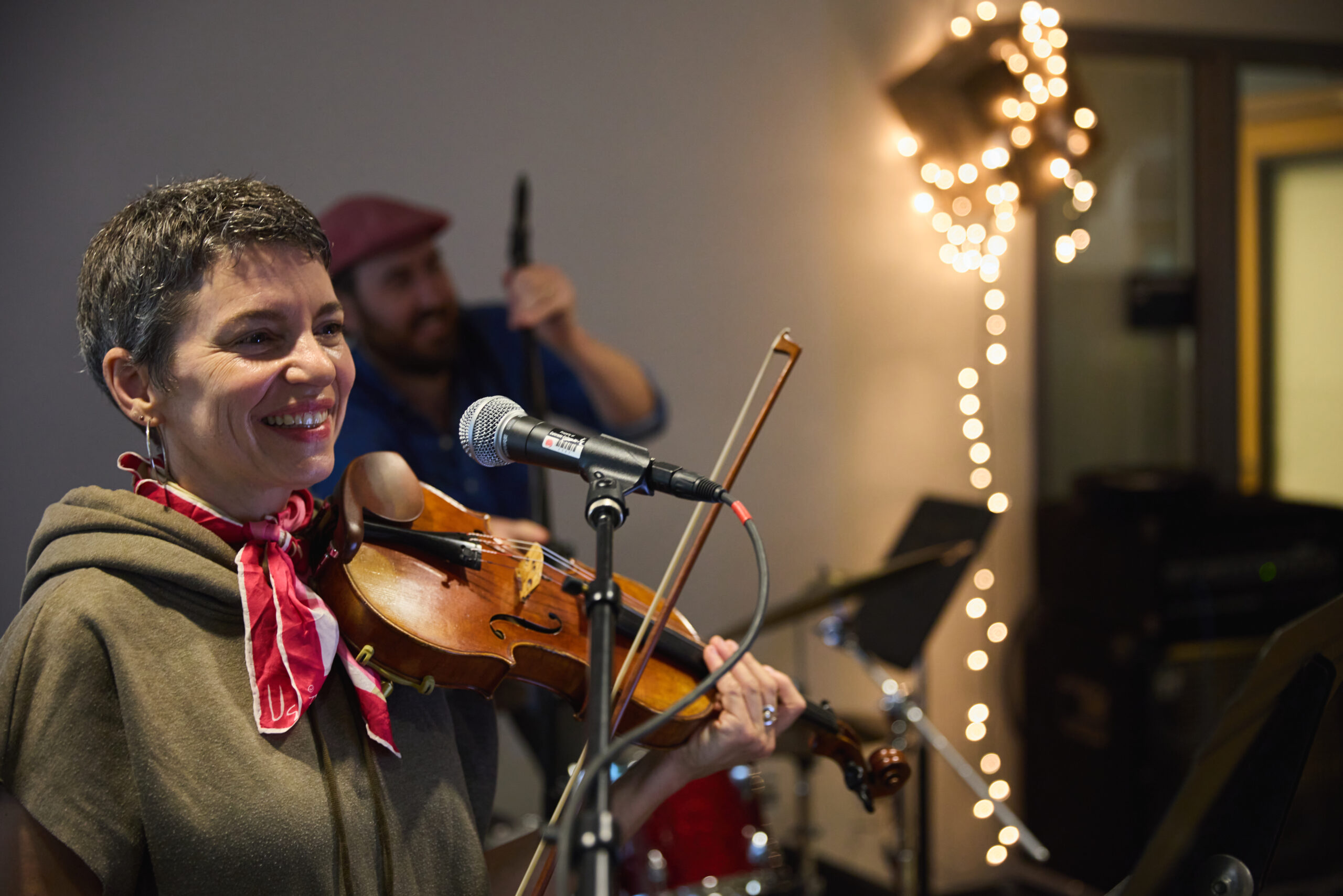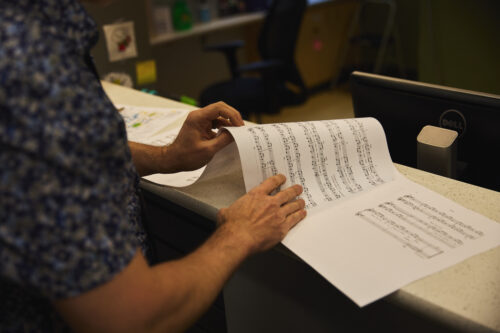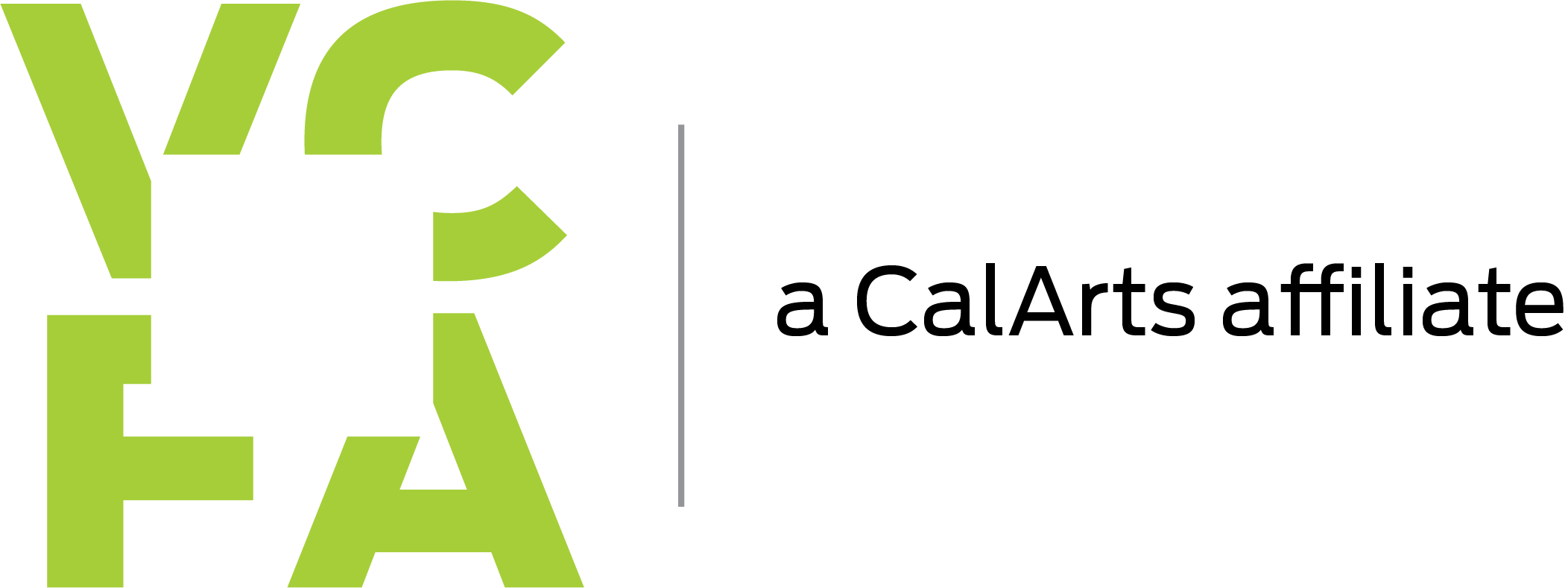A Deep Dive Into Film Scoring Opportunities

The world of film scoring is huge. The bigger you think, the more opportunities you’ll find.
By Don DiNicola
May 28th, 2025
Right now, there are more opportunities for film scoring in film/media production than any time in history.
When I say “film scoring,” you might immediately think about your favorite movie soundtrack, or the theme song from your favorite TV show.
But it’s time to think bigger. I want to talk about a much larger field than just scoring films. If we redefine film scoring as “scoring for media,” then we open up a world of possibilities.
In this article, I’m going to walk you through:
- Defining film scoring and scoring for media
- My own experience at in-house production
- Film scoring as a profession
- Scoring for television
- Advertising scoring
A Useful Definition of Film Scoring
Film scoring literally means the scoring of an actual feature film or television show. But in today’s music world, you have so many more scoring opportunities if you think a bit bigger.
“Scoring for media” includes feature films, documentary films, television shows, webisodes, podcasts, industrial videos, product demo videos, and a vast array of advertisements.
Even then, each of the aforementioned are really headers for lists of even more variations. In other words, the opportunities are almost endless—if you know where to look.
Film scores are more than just background music. They set the mood and become iconic moments in their own right.
My Own Experience in Scoring
My first “film-scoring” gig was for a small company in Boston. They handed me a Betamax tape of a seven minute video about the manufacturing of helicopter blades.
I had no experience at the time, but, after watching the video and listening to the narration, I was able to come up with some music that helped illustrate the manufacturing process and support the narrative through-line. This is an example of what is called an “in-house product video” for the sales staff. This particular genre has come to be known as “industrial” video.
Since then, I’ve branched out into more kinds of scoring. My specialty has been two-fold.
First, scoring documentaries. I feel that documentaries provide composers with a unique opportunity to bring nuance to different documentary points of view. From historical context to interviews to re-enactments, there are many opportunities for creative input.
I have also scored a few narrative pieces. Horror (slasher or psychological) films are often some of the first opportunities that come our way when we start out. I think this is because the budgets are usually smaller for indie features of this ilk.
Most independent film budgets are small, so be aware.
Film Scoring as a Profession
When I first started scoring, I was just excited to be making music and getting paid for it. But I’ve learned over years of film scoring something that I hadn’t considered given my initial excitement:
Scoring media, besides being an exciting task, is also… a job.
And a job has many additional requirements. While you may initially think that you intuitively know what the appropriate music for a given situation might be, you’ll discover that the director and/or the producer have much to say about the music.
That means that although your creative input is appreciated, it will always have to be in cooperation with the director’s vision.

Students in VCFA’s Music Composition program learn the tools they need to succeed in the world of film scoring.
Scoring for Television
TV shows (network or streaming) are also some great opportunities to flex your film scoring skills.
This world has less creative leeway than documentary filmmaking, but the pay is infinitely better.
Also, fair warning: the complexity of ownership and publishing are even more complex than in the film world.
The aesthetic of TV is very much controlled by format. For example, there are game shows that mostly consist of “theme” based material. Writing a theme can be very lucrative if you can hit the mark of what the show requires.
There are also procedurals (often crime based) which require developing a library of cues to be used and reused as the show progresses.
If you’re working in television, you’ll also want to consider music libraries.
The library model can be tricky. If you get hired for any show, you will develop a library for the show. As a procedural show progresses, it becomes apparent that although the location and characters might vary, the situations tend to repeat themselves.
Here’s an example from my own life:
I scored a true-crime show back in the mid aughts. The show was replete with stake-outs and chase scenes.
Because reality TV was just getting off the ground, I was able to get both the writer’s and publisher’s share of broadcast revenue. This meant I was able to re-use a lot of the music as a starting point for another show that contained chases and stake-outs. While the crime show was about stalking criminals, the new show was also about stalking. Except in this case, they stalked alligators.
Much of the library for true-crime worked perfectly for gator-hunting!
Advertising Scores
I do have some experience writing themes and commercials.
My first big success when I started my scoring career in NYC was to win a competition for the Network ID at CNBC. I was ecstatic at my good fortune. However, based on my initial lack of experience in the area of publishing, I received only one payment… and no residuals or royalties.
This situation is referred to as a buy-out.
While I was happy to get a good fee for writing the theme, I rued my inexperience as I watched that ID play literally millions of times, not only on home viewers’ screens, but also on public screens at airports and places of business throughout the world.
My advice? Do your homework ahead of time.
The business of publishing in the film-scoring landscape is complex to say the least. Before entering into any contractual agreement, I would recommend that you definitely consult a lawyer or at the very least an advisor who has experience in the field.
There is no rule of thumb in this area… it is really the “Wild-West”.
The ABC’s of Film Scoring
Before I leave you, I have a few final tips. No matter which area you end up working in, here are some guidelines to keep in mind as you embark on a career of film scoring.
- Don’t upstage the visuals. Take direction and stay on topic.
- If you’re underscoring dialogue or narration, be aware of the timbre of your instrumental choices, making sure that there isn’t too much similarity with the timbre of the human voice. I learned this on my first session assisting a composer who was working for Sidney Lumet. The orchestra cues were being recorded on 102 tracks. This was so that while retaining the full sound of the orchestra, we would also have the capability to mute any offending track that might interfere with the dialog in the final mix.
- Don’t obscure the narration or dialogue. And, when mixing final cues, leave the center channel open for the dialog or narration. The music mix may sound incomplete, but remember, the gig is to underscore. While there are opportunities for the music to lead the way… those opportunities are few and far between.
- Support the storytelling without pulling focus from the story. In essence, that’s what film scoring is, a device to help tell a story.
Remember, film scoring is a collaborative process. The more you’re able to support the story, the more successful you will be. If you are successful, director’s will love you and refer you to other directors. Good luck!

Don DiNicola
Founding Faculty, VCFA Music Composition dondinicola.comDon DiNicola’s music career began in the 1980s. He worked extensively in regional theater, notably The American Repertory Theater (Cambridge, MA) and Anne Bogart’s SITI Company based in NYC and Toga Japan. From there, film and television composition flowed naturally. Once in the multi-media genre, Don began work in directing, producing, sound design and music supervision.
His film and television credits include Emmy Award-winning shows “Suicide Bombers/Cult Of Death” (Discovery Channel), “The Art Of Failure; Chuck Connelly Not For Sale” (HBO) and “Baring It All” (Style Network). Don has written and produced music for NatGeo, The History Channel, PBS, A&E, TLC, Discovery Channel, CNBC, Style Network, Sundance TV, and HBO networks.
In 2011 Don formed Eureka Post Production, supervising video and audio post-production for broadcast TV, including more than 1500 episodes of the hit show, “House Hunters International”. He is a founding faculty member of the Vermont College of Fine Arts MFA in Music Composition Program.
Related Posts
- 3 Writing Prompts for YA Horror Jul 30, 2025
- Artist Grants: What They Are, Where to Find Them, and How to Apply Aug 01, 2025
- What is Prose? Jun 20, 2025

